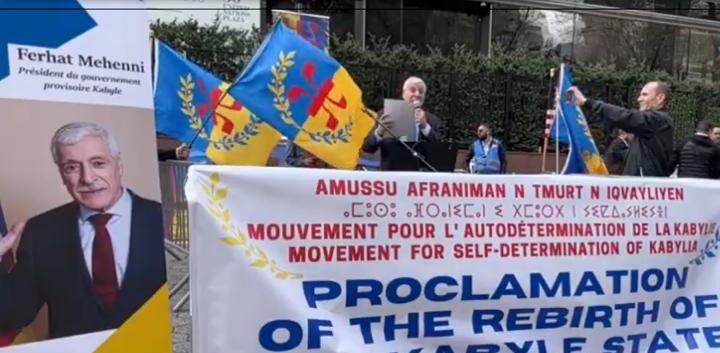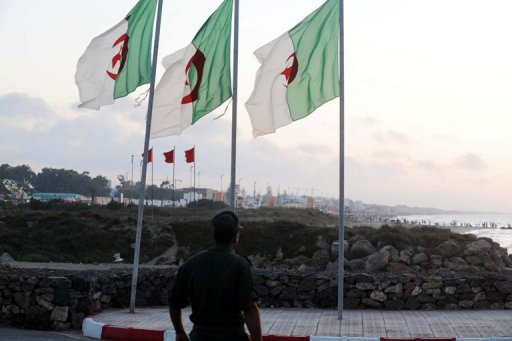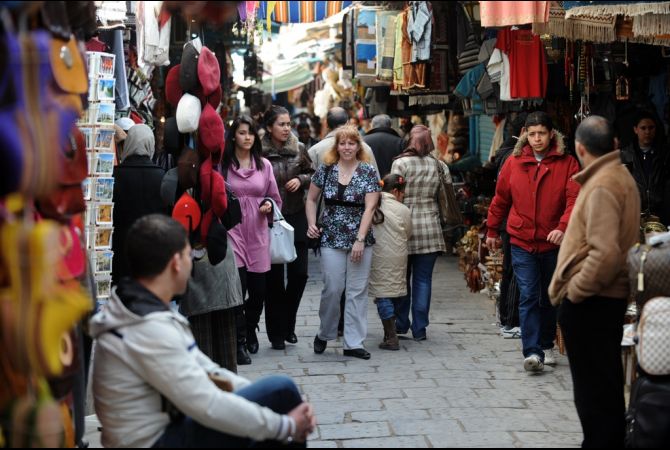The Wall Street Journal highlighted the independence declaration by Kabylia’s MAK movement after years of repression under the Algerian regime.
“After half a century of working with human-rights and democratic groups in Algeria to liberalize the one-party police state, Kabyle spokesmen, including Mr. Mehenni, brought the case for decolonization to the U.N. A few days before the New York demonstration, Mr. Mehenni spoke before a U.N. committee, drawing words of support from Emirati, Moroccan and Spanish diplomats,” Roger Kaplan wrote on the WSJ.
Ferhat Mhenni, who leads Kabylia’s independence movement MAK, declared independence in front of the UN, holding the international community witness to Algeria’s repression and double-speak in refusing to accept self-determination for the restive region.
“At the rally in front of the U.N., Ferhat Mehenni, who heads the movement, said that a people without a state is defenseless and doomed to perish,” Kaplan said.
At least 500 MAK activists are jailed on bogus charges in Algeria, which has branded the MAK as a terrorist group.
Most of MAK activists have been forced to exile, mostly in France where they operate and have a strong support base among the Kabylian diaspora.
During Bouteflika’ era, the movement was asking for autonomy and has been gathering tens of thousands on marches on the Amazigh Spring demanding self-rule. But the intransigence of the military rulers in Algiers pushed the MAK to demand outright independence as the only option to safeguard the economic, cultural rights of the Kabylian people.
“The Kabyle reject the Algiers government’s charge of separatism and insist that they represent a distinct nation,” Kaplan said.
“From their mountain strongholds, the Kabyle for centuries resisted the Romans, Arabs and Turks—until French colonizers finally defeated them in the 1870s. Notwithstanding their active participation in the anticolonial war, the MAK argues that their region was later forcibly recolonized by Algeria, first in a short war immediately following Algeria’s independence from France in 1962, and later in regular campaigns of repression,” he recalled.



